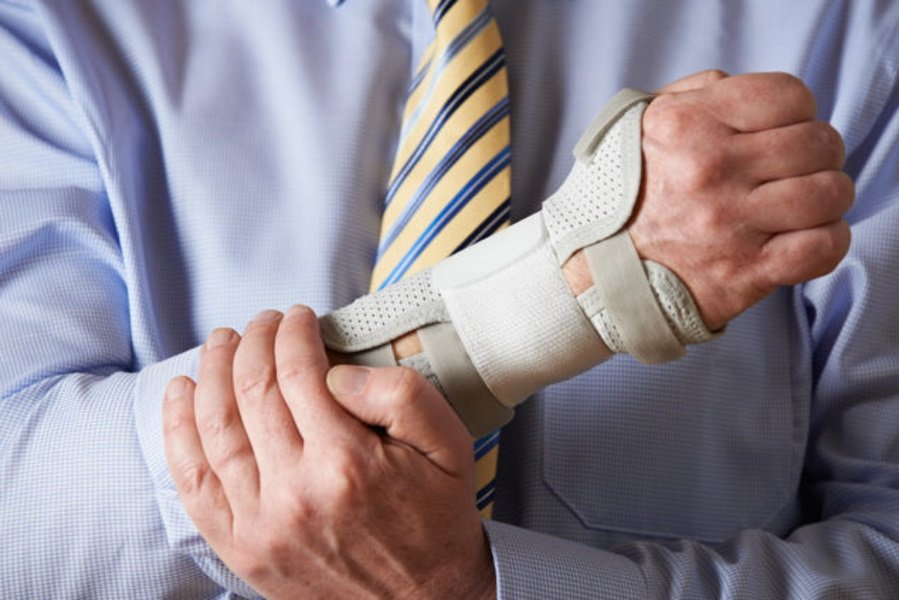Understanding how checks work in 2025 might seem unnecessary in a world driven by digital payments, but, even in an increasingly online world, checks remain relevant. Businesses, landlords, and some institutions still rely on them, making financial literacy in this area essential. This guide covers how checks function, their security risks, and best practices to use them effectively.

How Checks Work in 2025
A check is a written order instructing a bank to pay a specific amount from one account to another. Despite the rise of electronic transfers, checks still play a role in certain financial transactions, particularly in business payments and rent collection.
The fundamental components of a check remain unchanged:
- Payer Information – The name and address of the person writing the check.
- Payee Line – Specifies who will receive the payment.
- Amount in Numbers and Words – Both must match to prevent fraud.
- Date Line – Indicates when the check is written.
- Memo Line – A note explaining the payment’s purpose.
- Signature Line – Validates the transaction.
- Routing and Account Numbers – Located at the bottom, they direct the payment to the correct bank and account.
While physical checks are less common than in the past, digital check deposits through mobile banking apps have popularized the use of their digital equivalents. Remote check processing allows individuals to deposit funds without visiting a bank, reinforcing the importance of understanding check basics for those who wish to take advantage of this functionality.
The Relevance of Checks in 2025
Though digital wallets and electronic transfers dominate, checks persist in situations requiring formal payment documentation. Employers use them for payroll when direct deposit isn’t an option. Landlords often prefer postdated checks for rent. Some businesses issue checks to vendors for record-keeping purposes.
Understanding when and why checks are still used is an important part of finance literacy. While they may not be the primary payment method for most individuals, knowing how to handle checks responsibly can prevent costly mistakes.
Additionally, certain financial transactions rely on cashier’s or certified checks, which guarantee payment. These are required for large purchases, including real estate deals and certain government transactions.
Check Security and Fraud Prevention
Fraudulent activity involving checks still occurs, making security a priority. Criminals attempt check washing (altering check details), forgery, and counterfeiting. Even with banks implementing fraud detection measures, individuals and businesses must remain cautious when accepting checks as payment.
One of the biggest risks is receiving a check that later bounces due to insufficient funds. When someone writes a bad check, the recipient may initially believe the funds are available, only to face unexpected fees or legal complications when the bank rejects the deposit. This can be especially problematic for small businesses and landlords who rely on timely payments.
How to Protect Against Check Fraud
- Use Pens with Fraud-Resistant Ink – Special ink prevents alterations.
- Avoid Leaving Blank Spaces – Filling out all fields reduces tampering risks.
- Monitor Bank Statements – Regularly reviewing account activity helps detect unauthorized transactions.
- Opt for Electronic Transfers When Possible – Digital transactions leave clear trails, reducing fraud risks.
- Shred Old Checks – Disposing of old checks securely prevents unauthorized use.
Banks offer check verification services, allowing recipients to confirm authenticity before accepting payments. If a check is lost or stolen, reporting it to the bank immediately prevents unauthorized transactions. Additionally, if a deposited check bounces, contacting the issuer promptly increases the chance of recovering funds.
Best Practices for Writing and Depositing Checks
A properly written check minimizes processing delays and enhances security. Following these steps ensures smooth transactions:
Writing a Check Correctly
- Write Legibly – Illegible handwriting can cause payment issues.
- Match the Amount in Words and Numbers – Discrepancies may void the check.
- Sign Consistently – Banks compare signatures for verification.
- Avoid Postdating Checks – Many banks process checks upon deposit, regardless of the written date.
- Keep Check Records – Maintaining copies helps track payments.
Depositing Checks Efficiently
- Mobile Deposits – Many banks offer mobile apps that allow digital check deposits.
- Endorse the Check Properly – Signing the back confirms approval. Some banks require “For Mobile Deposit Only” to prevent fraud.
- Confirm Funds Availability – Check clearing times vary; verifying deposit status avoids overdraft fees.
Become Check Savvy
Checks remain relevant in specific financial transactions, despite digital banking’s dominance. Knowing how to write, deposit, and protect checks ensures safe and efficient transactions. While their role has diminished, financial literacy in this area remains valuable, helping individuals and businesses manage payments securely.

Hayden Richards is Contributor of IntelligentHQ. He specialises in finance, trading, investment, and technology, with expertise in both buy-side, sell-side. Contributing and advising various global corporations, Hayden is a thought leader, researching on global regulatory subjects, digital, social media strategies and new trends for Businesses, Capital Markets and Financial Services.
Aside from the articles, interviews and content he writes for IntelligentHQ, Hayden is also a content curator for capital markets, analytic platforms and business industry emerging trends. An avid new media explorer Hayden is driven by a passion for business development, innovation, social business, Tech Trading, payments and eCommerce. A native Trinidadian, Hayden is also a veteran, having served with the Royal Air Force Reserves for the past 10 years.
Follow Hayden on Twitter @HaydenARichards, linkedin.com/haydenhrichards and http://www.scoop.it/u/hayden-richards























